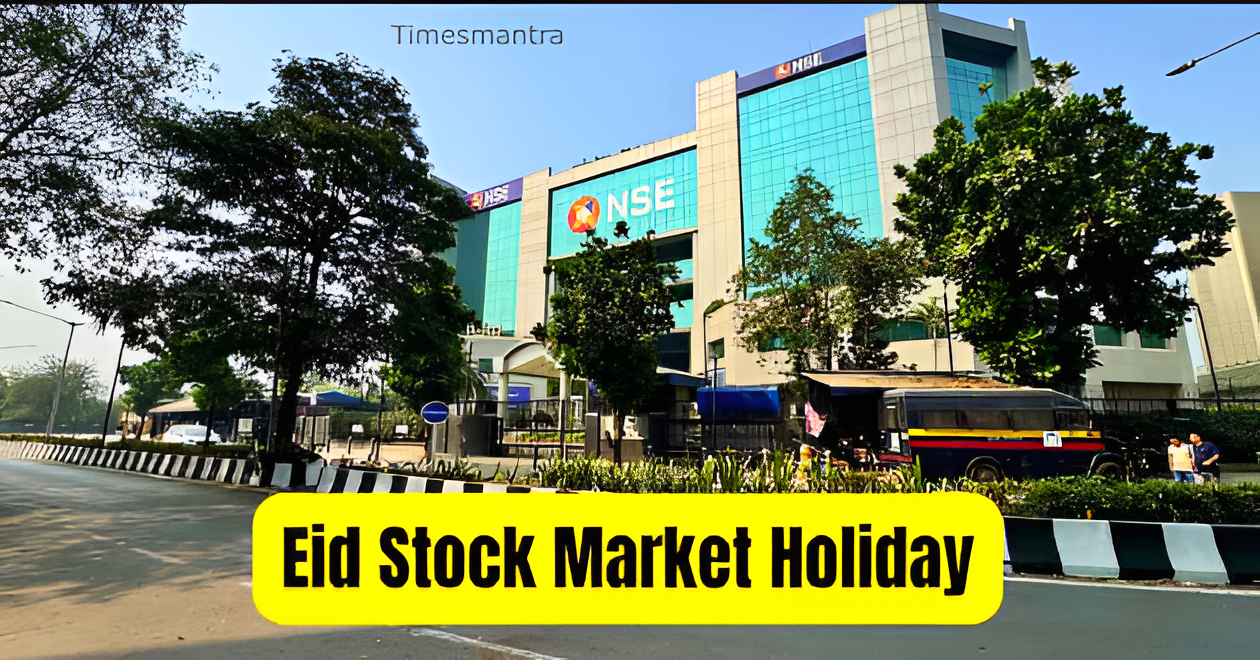Stock Market Open on September 8, 2025: A Deep Dive into a Working Holiday
The Indian stock markets, represented by the Bombay Stock Exchange (BSE) and the National Stock Exchange (NSE), are fully operational on Monday, September 8, 2025, despite the public holiday declared in certain parts of the country for Eid-e-Milad-un-Nabi. This decision to keep the markets open aligns with the official trading holiday calendar set by the exchanges at the beginning of the year. While the rest of Mumbai and several other regions observe a public holiday, the financial hub continues its regular trading schedule. This situation highlights the distinction between a state-declared public holiday and a scheduled stock market trading holiday, a critical piece of information for all traders and investors.
The Official Position of BSE and NSE
The primary reason for the markets being open is their adherence to a pre-defined holiday calendar. Both the BSE and NSE publish their list of trading holidays for the entire year in advance. This calendar is carefully curated to include major national and religious festivals, but not every public holiday declared by a state or local government is included. For September 2025, neither Eid-e-Milad-un-Nabi nor any other festival is on the official list of trading holidays. Therefore, the exchanges are functioning as they would on any normal business day. This provides predictability and stability to the market, ensuring that trading activities are not unexpectedly halted.
The trading sessions are proceeding as per the usual schedule:
- Pre-Open Session: 9:00 AM to 9:15 AM
- Regular Trading Session: 9:15 AM to 3:30 PM
- Closing Session: 3:40 PM to 4:00 PM
This consistent schedule allows domestic and international investors to plan their trading activities without sudden disruptions. The exchanges, in their official communications, have reiterated that trading in the Equity, Equity Derivatives, and Currency Derivatives segments will continue normally.
The Distinction: Trading vs. Settlement Holidays
While trading is fully active, September 8, 2025, is being observed as a settlement holiday. This is a crucial distinction that can impact traders. A trading holiday means the entire exchange is closed, and no buying or selling of shares or other securities can take place. A settlement holiday, on the other hand, means the exchanges are open for trading, but the back-end processes of clearing and settling trades are halted.
This occurs because banks and depositories, such as the National Securities Depository Limited (NSDL) and Central Depository Services (India) Limited (CDSL), are closed on this public holiday. The result is a delay in the pay-in and pay-out of funds and securities. For instance, if a trade is executed today, the settlement of funds and the credit of shares to the investor’s Demat account will be deferred until the next working day, which is Tuesday, September 9, 2025. This can have implications for day traders and those engaging in ‘Buy Today, Sell Tomorrow’ (BTST) trades, as their profits and sale proceeds will not be available for withdrawal until a day later.
Market Dynamics on a Working Holiday
The market sentiment on a day like this can be a mix of cautious trading and normal activity. The absence of a national public holiday status for the stock market means that trading volumes might not see a significant dip. However, the settlement holiday can introduce a degree of liquidity pressure. This is because traders, especially those who rely on quick fund settlements for their operations, might adjust their strategies.
Here’s how different market segments are reacting:
- Equity Segment: Trading is proceeding normally. The deferral of settlement could lead some traders to be more selective with their intraday positions.
- Derivatives Segment (F&O): The futures and options market is also open. However, the settlement delay might cause minor volatility as participants manage their positions and potential arbitrage opportunities.
- Commodity and Currency Markets: These markets, including the Multi Commodity Exchange (MCX), are also open, but they are similarly affected by the settlement holiday. Their operations will proceed, but the clearing of transactions will be delayed.
For investors, the key is to be aware of the settlement delay and plan their transactions accordingly. The asemblence of a regular trading day on the surface does not negate the crucial back-end differences.
A Look at Key Players and Market Outlook
On this day, the market is influenced by a range of factors, from global cues to domestic policy announcements.
The BSE Sensex and NSE Nifty are the bellwether indices, and their movements are closely watched. The Indian stock market has shown a remarkable resilience and growth trajectory in recent years, driven by strong corporate earnings and a favorable policy environment. Key players like the Reserve Bank of India (RBI) and the Securities and Exchange Board of India (SEBI) continue to play a crucial role in maintaining market stability and investor confidence.
The market outlook for the remainder of September 2025 remains a point of discussion among analysts. The absence of further trading holidays this month means a full trading calendar for investors. Factors to watch include the upcoming announcements from key companies, the performance of the monsoon season, and global economic trends, especially from the U.S. and Europe.
While the market is open, it’s a good time for investors to review their portfolios and strategize for the coming weeks. The settlement holiday serves as a reminder of the intricate back-end mechanics of the financial system, which often operate unnoticed by the casual investor. The commitment of the BSE and NSE to a consistent, pre-announced holiday calendar ensures that despite local festivities, the heart of India’s financial system continues to beat
